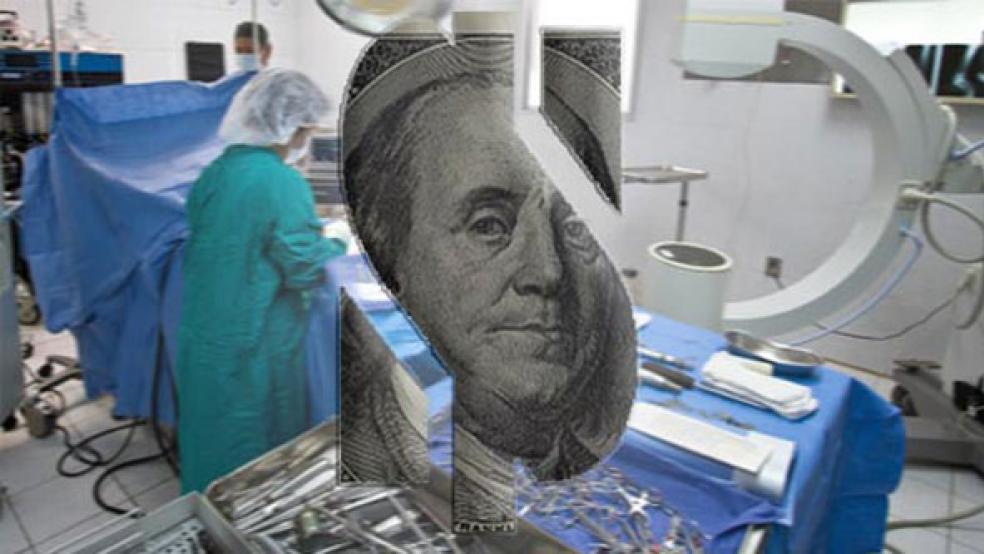Medicare is shaping up as one of the most important issues in the 2020 election, with several leading Democrats offering proposals that would significantly expand the program. President Trump jumped into the fray with an executive order last week that he claimed would protect and improve the Medicare system, in part by promoting broader use of private Medicare Advantage plans. Those plans are quite lucrative for the private insurers that sell them, Bloomberg’s John Tozzi said Wednesday, and they’ll be pushing hard to sell more of them when Medicare enrollment begins next week.
Enrollment in Medicare Advantage has more than tripled in the last 20 years, and now about a third of all Medicare beneficiaries get coverage through private plans. If current trends continue, more than half of all beneficiaries will be in Medicare Advantage by 2025, according to Tozzi.
How it works: Those who sign up for Medicare Advantage pay the same monthly premiums as regular plans but agree to certain limits imposed by the insurers, such as a restricted network of doctors, and also receive a wider range of benefits, which can include drugs plans and dental care. Insurers get a fee from the government for each person who signs up and are responsible for managing their plans to ensure a profit. In 2019, the average fee for each of the roughly 22 million participants was $11,545 – which comes to a total of about $254 billion.
Big numbers for insurers: Insurers see Medicare Advantage as “as a lucrative market they can’t afford to pass by,” Tozzi said, especially as sales of traditional, employer-based insurance plans slow. Medicare is now the biggest part of UnitedHealthcare’s business and the insurance giant is expanding to reach 90% coverage of the market next year. Other major players including Humana and Aetna are also expanding their coverage, and competition in the space is growing.
More generous benefits: Recent rule changes have allowed private insurers to offer new benefits within Medicare Advantage, such as meal delivery, air-conditioners and in-home help. Regular fee-for-service Medicare doesn’t offer such options due to concerns about fraud.
A potential political battle ahead: Insurers increasingly rely on the revenues and profits from Medicare Advantage and can be expected to fight any effort to restrict – or, as some Democrats are calling for, eliminate – the existing private system. And as the plans become more generous – and, as critics have pointed out, more expensive for the government – seniors are likely to resist changes as well, complicating any Democratic effort to enact sweeping changes in the Medicare system.




